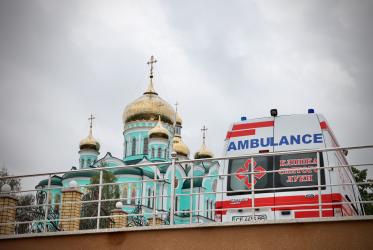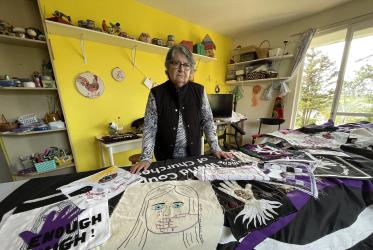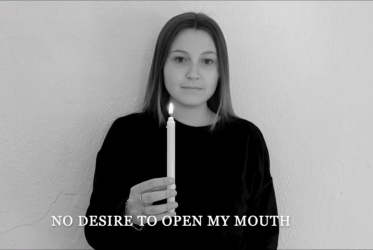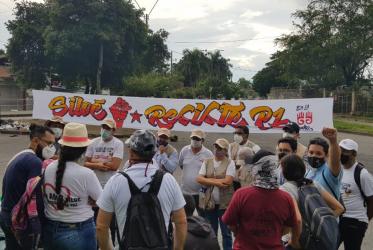Displaying 1 - 20 of 24
17 April 2024
Migrants in Argentina find listening ears and open hearts
04 November 2022
Ukraine: Responding to humanitarian need
08 September 2022
Monastery in Ukraine responds to the consequences of war
09 August 2022
Women in Argentina walk in solidarity with women of Afghanistan
23 September 2021



















